Team gives knees a second chance
Banff Sport Medicine team offers patients a return to an active lifestyle
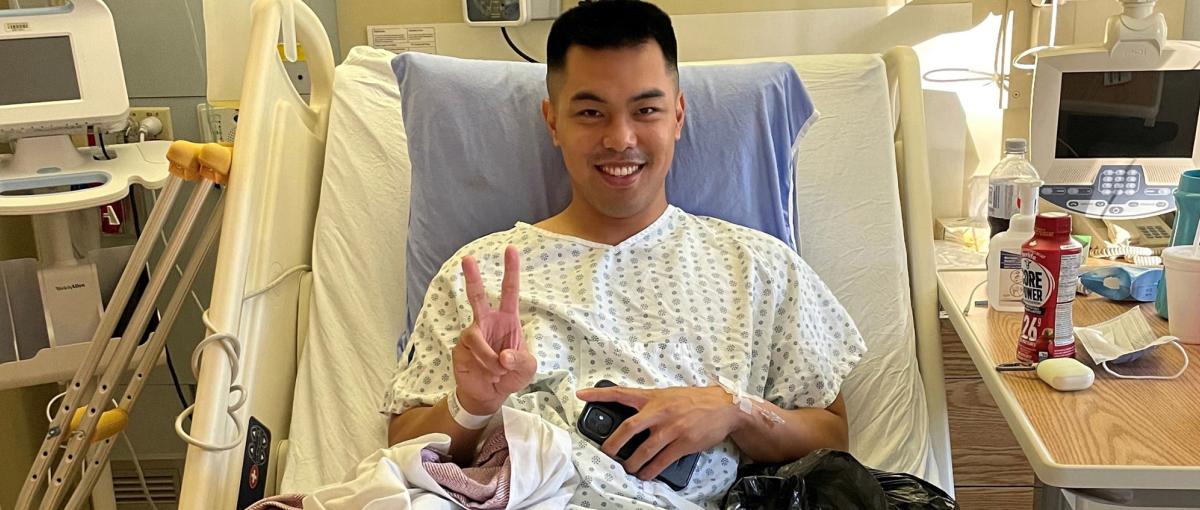
January 5, 2023
By Peter Rybar, Social Media and Storytelling Advisor, Covenant Health
After a long history of knee pain, David Caibigan, 27, came to the realization that receiving meniscal transplant surgery was his best chance at maintaining an active lifestyle in the future. He’d had issues with his left knee for many years, and 90 per cent of the meniscus (the cartilage between the shinbone and thighbone) had been removed in a surgery to correct the damage in 2017.
“I realized that [transplant] surgery is like a second chance; it would give me another shot at being active again,” says David.
David got his second chance at the Banff Mineral Springs Hospital. It is home to Banff Sport Medicine, a team of healthcare professionals whose goal is to provide world-class care in sport-related musculoskeletal (muscle and bone ) trauma and reconstructive surgery. The team performs meniscal transplant surgeries on patients after they’ve experienced severe damage to their meniscus and a repair is not possible.
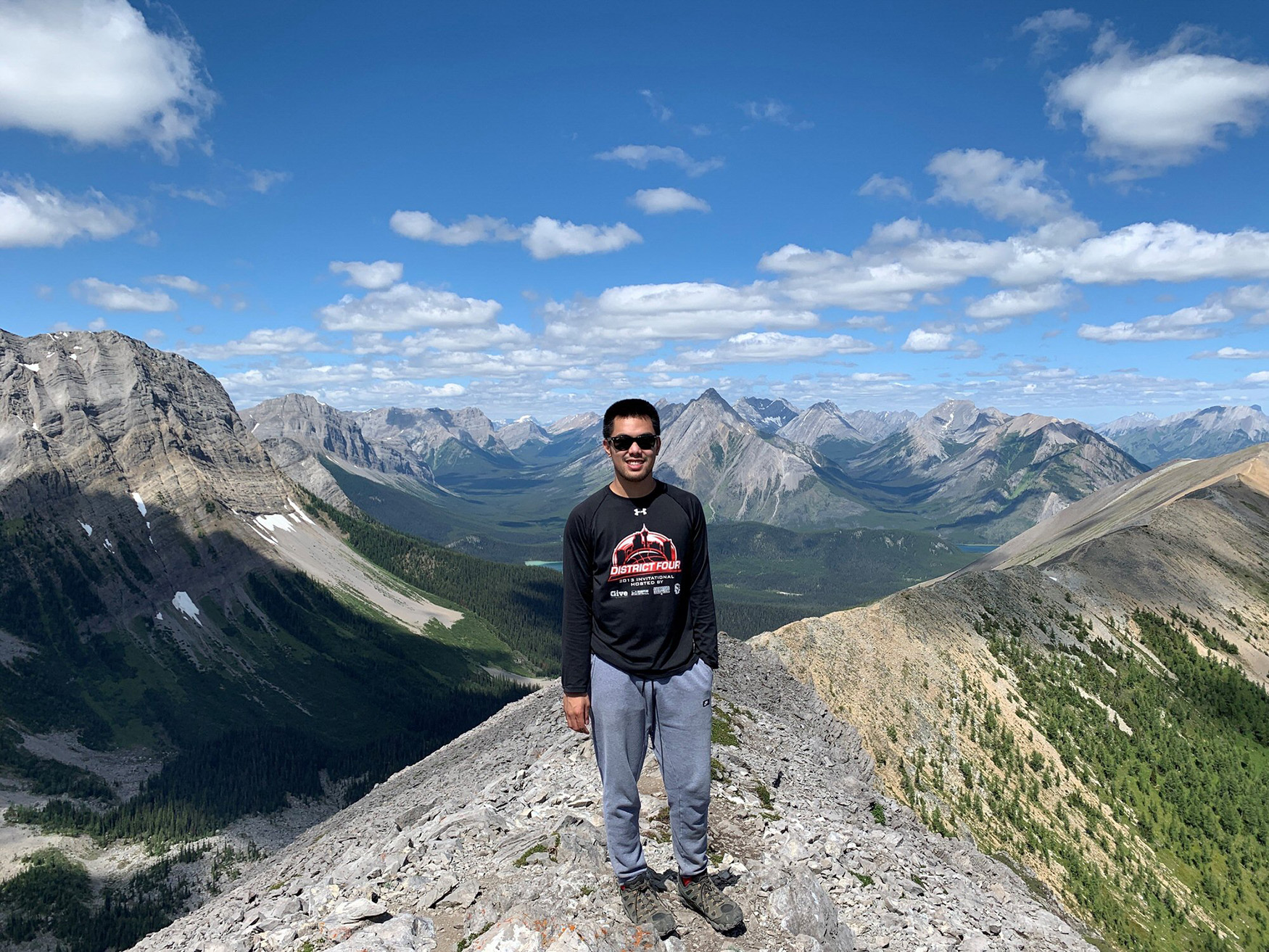
David Caibigan lives an active lifestyle that includes hiking, snowboarding and various team sports.
A meniscal allograft transplantation is a type of surgery in which a deficient or damaged meniscus from a patient’s knee is replaced with another meniscus of the same size from a deceased donor. The surgery is highly complex and requires specialized knowledge and experience to be effective.
“This is a tricky operation; we have to try and get the meniscus in the exact spot where the original meniscus was in the patient to begin with, and it’s easier said than done,” says Dr. Mark Heard, orthopedic surgeon and director of Banff Sport Medicine.
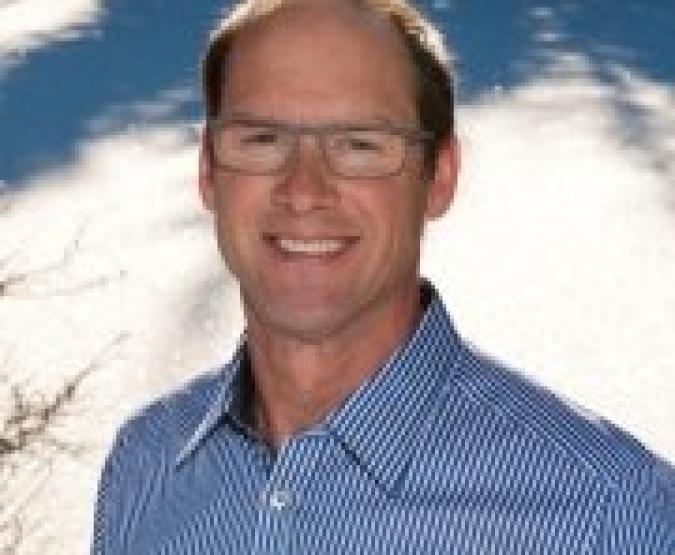
“It’s difficult to deliver it, difficult to anchor it, and it’s difficult to sow it. The meniscus must be tensioned just right to protect the knee. We’ve learned a lot over the years about how to perfect all of these elements of the procedure.”
With proper recovery and maintenance, the transplant often gives patients the opportunity to lead an active, pain-free lifestyle for many years. “It’s all about protecting the knee from breaking down and preventing it from becoming arthritic,” says Mark. “We realized the role of replacing or transplanting cartilage is more for the long-term lifestyle and preventing a total knee replacement.”
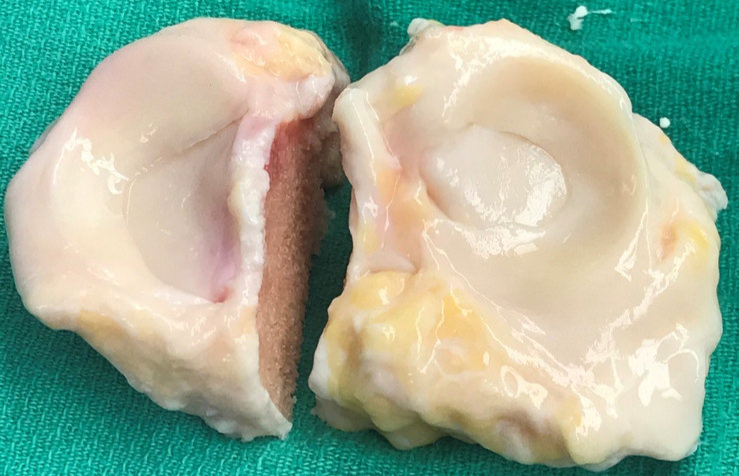
Two meniscuses are ready for transplant.
Although David tried to carry on with around 10 per cent of his left meniscus after his first surgery in 2017, his knee just wasn’t the same. “After about a year after the surgery, I started playing sports again, but my knee still didn’t feel quite right. And then my right knee started to hurt too, probably from overuse because I was favouring that leg more in fear of reinjuring my left knee.”
At first, David was hesitant to get a transplant and thought that he might be able to live with his knee discomfort and limitations. After consulting with Mark, he eventually changed his mind. “I started to feel like my knee was a ticking time bomb,” he says. “I realized that sooner or later the cartilage in my knee would be totally gone and then it would be too late. So that’s when I really decided to do the transplant surgery after discussing my options with Dr. Heard.”
David used his future for context when deciding to go forward with the surgery. “When I have kids, I want to be able to play with them and teach them sports without always dealing with knee pain. This surgery is really going to help me stay active in the future.”
Making the trip from Calgary, David underwent the surgery in the fall of 2022. He is now recovering from the procedure. “Right now, it’s mostly just rest, using crutches to make sure there is only partial weight on the surgical leg,” he says. “For rehab, I’m doing some quadriceps contractions and some passive bending of the knee.”
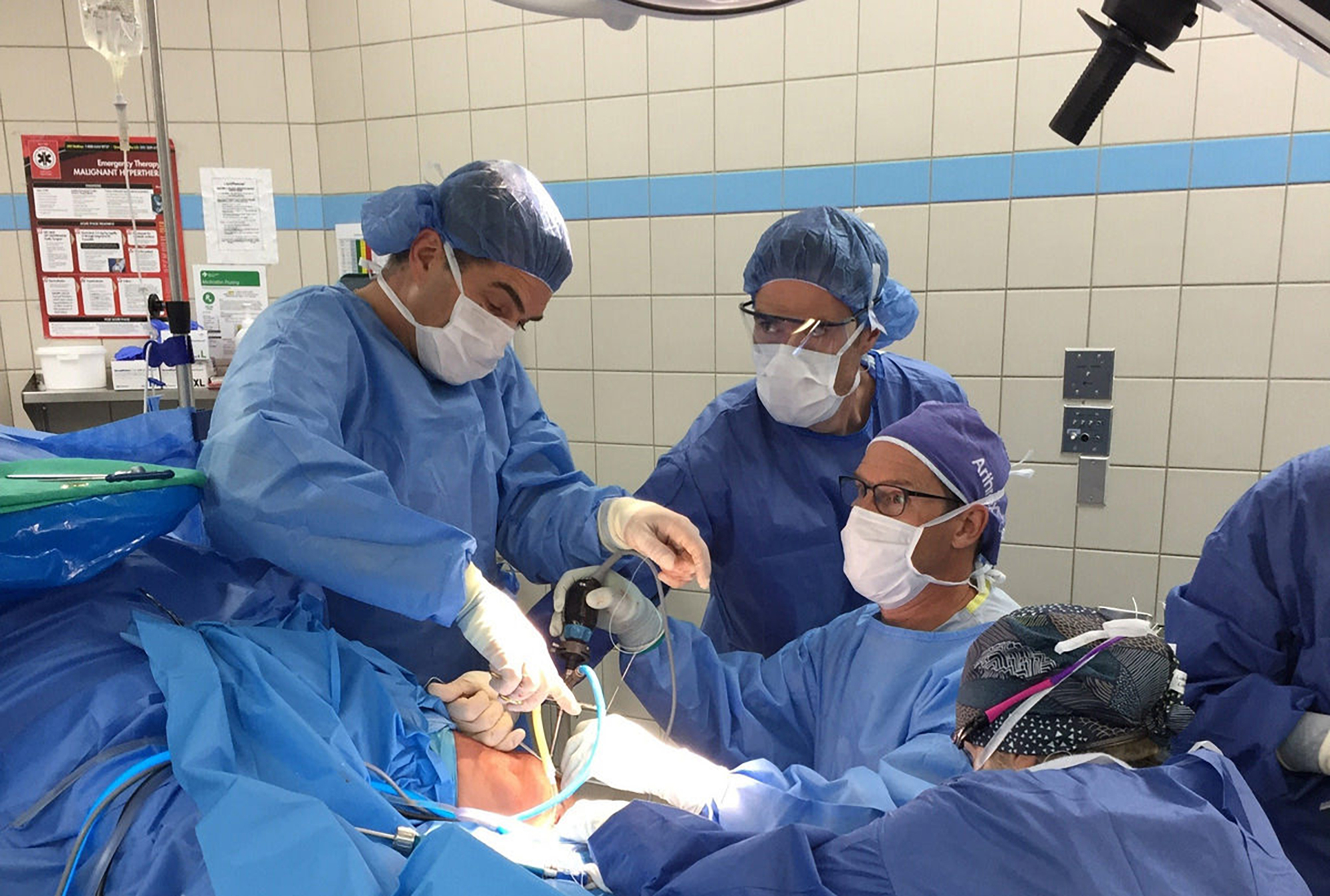
Dr. Mark Heard and team work together to perform a procedure at Banff Mineral Springs Hospital.
David speaks very highly of the Banff hospital team. “My experience in Banff was awesome. During my stay there, all the staff and doctors were amazing. Obviously, with getting a surgery like this, I was nervous, but they did a great job at keeping me calm.”
The team has been performing meniscal transplants for approximately 10 years and has become renowned for its work. “We’ve evolved into one of the forefront leaders in cartilage and ligament surgery,” says Mark. “We are focused on being a subspecialty clinic that attracts people from all over Western Canada, if not further. We’ve had patients from Ontario and across Canada come for our specialized service.”
Mark foresees a bright future full of advancements for meniscal transplants. “There’s research going on with culturing and growing meniscus,” he says. “The Japanese now have a bovine model. There’s also research into finding ways to preserve live meniscus rather than using fresh-frozen tissue. As we get further along into improvements with 3D printing, I think we will discover some synthetic polymers or something that will replace meniscuses so we don’t have to use donors.”